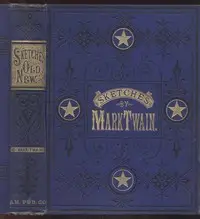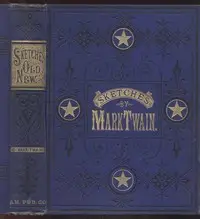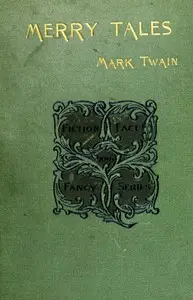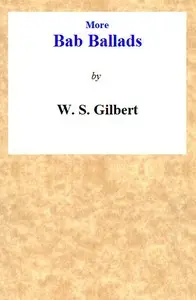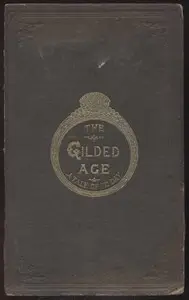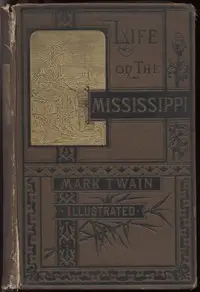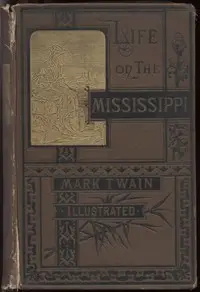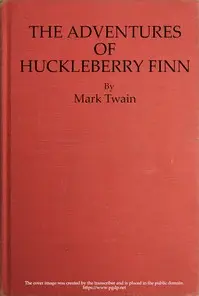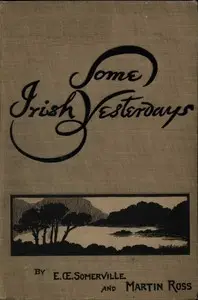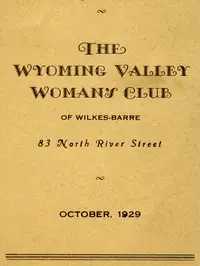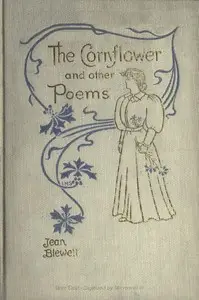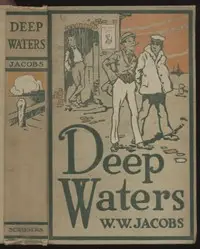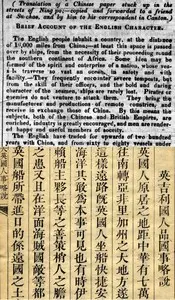"Alonzo Fitz, and Other Stories" by Mark Twain is a compilation of funny short stories from the 1800s. Opening with Alonzo Fitz Clarence navigating his love life with Rosannah Ethelton, the stories also include clever essays and jokes about society, human mistakes, and the craziness of the world. The first story paints a picture of a freezing winter day in Maine, where Alonzo, a friendly single guy, is stuck inside. Feeling lonely, he jokes with his aunt about wanting a partner, which leads him to Rosannah. Their cute romance, full of silly mix-ups and smart talk, gives a peek into the book's bigger ideas about love and what society expects.

Alonzo Fitz, and Other Stories
By Mark Twain
In a collection of humorous tales, a lonely bachelor's playful search for love leads to witty conversations and budding romance amidst the backdrop of societal expectations.
Summary
About the AuthorSamuel Langhorne Clemens, known by the pen name Mark Twain, was an American writer, humorist, and essayist. He was praised as the "greatest humorist the United States has produced," with William Faulkner calling him "the father of American literature." Twain's novels include The Adventures of Tom Sawyer (1876) and its sequel, Adventures of Huckleberry Finn (1884), with the latter often called the "Great American Novel." He also wrote A Connecticut Yankee in King Arthur's Court (1889) and Pudd'nhead Wilson (1894) and cowrote The Gilded Age: A Tale of Today (1873) with Charles Dudley Warner.
Samuel Langhorne Clemens, known by the pen name Mark Twain, was an American writer, humorist, and essayist. He was praised as the "greatest humorist the United States has produced," with William Faulkner calling him "the father of American literature." Twain's novels include The Adventures of Tom Sawyer (1876) and its sequel, Adventures of Huckleberry Finn (1884), with the latter often called the "Great American Novel." He also wrote A Connecticut Yankee in King Arthur's Court (1889) and Pudd'nhead Wilson (1894) and cowrote The Gilded Age: A Tale of Today (1873) with Charles Dudley Warner.

